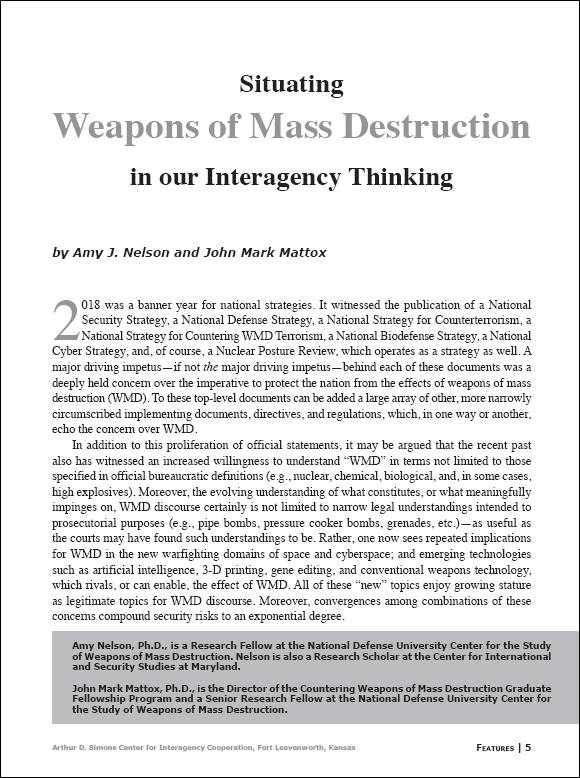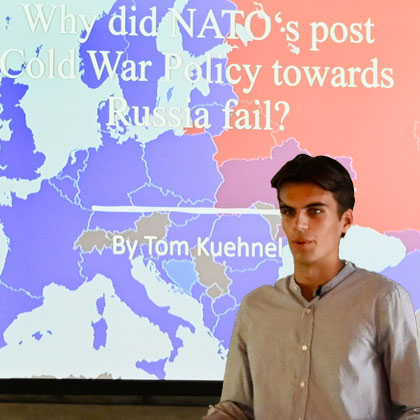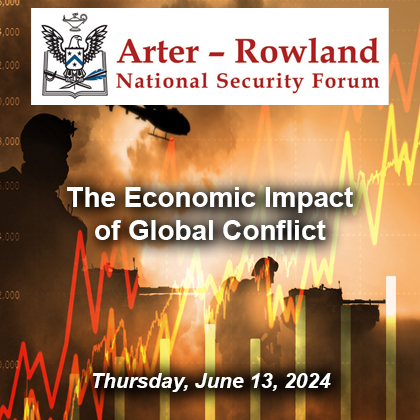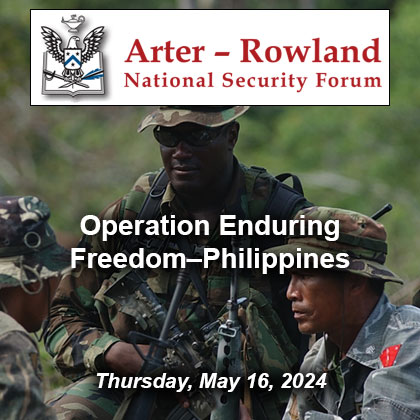Featured Article: Situating Weapons of Mass Destruction in our Interagency Thinking
Featured article:
Situating Weapons of Mass Destruction in our Interagency Thinking
by Amy J. Nelson and John Mark Mattox
2018 was a banner year for national strategies. It witnessed the publication of a National Security Strategy, a National Defense Strategy, a National Strategy for Counterterrorism, a National Strategy for Countering WMD Terrorism, a National Biodefense Strategy, a National Cyber Strategy, and, of course, a Nuclear Posture Review, which operates as a strategy as well. A major driving impetus—if not the major driving impetus—behind each of these documents was a deeply held concern over the imperative to protect the nation from the effects of weapons of mass destruction (WMD). To these top-level documents can be added a large array of other, more narrowly circumscribed implementing documents, directives, and regulations, which, in one way or another, echo the concern over WMD.
In addition to this proliferation of official statements, it may be argued that the recent past also has witnessed an increased willingness to understand “WMD” in terms not limited to those specified in official bureaucratic definitions (e.g., nuclear, chemical, biological, and, in some cases, high explosives). Moreover, the evolving understanding of what constitutes, or what meaningfully impinges on, WMD discourse certainly is not limited to narrow legal understandings intended to prosecutorial purposes (e.g., pipe bombs, pressure cooker bombs, grenades, etc.)—as useful as the courts may have found such understandings to be. Rather, one now sees repeated implications for WMD in the new warfighting domains of space and cyberspace; and emerging technologies such as artificial intelligence, 3-D printing, gene editing, and conventional weapons technology, which rivals, or can enable, the effect of WMD. All of these “new” topics enjoy growing stature as legitimate topics for WMD discourse. Moreover, convergences among combinations of these concerns compound security risks to an exponential degree….
Read the full article
Situating Weapons of Mass Destruction in our Interagency Thinking PDF
Download the complete edition
IAJ 10-2 (2019) pdf
IAJ 10-2 (2019) ePub
Amy Nelson, Ph.D., is a Research Fellow at the National Defense University Center for the Study of Weapons of Mass Destruction. Nelson is also a Research Scholar at the Center for International and Security Studies at Maryland.
John Mark Mattox, Ph.D., is the Director of the Countering Weapons of Mass Destruction Graduate Fellowship Program and a Senior Research Fellow at the National Defense University Center for the Study of Weapons of Mass Destruction.

Posted: May 15, 2019 by Simons Center
READ THE LATEST UPDATES FROM THE SIMONS CENTER
"*" indicates required fields


